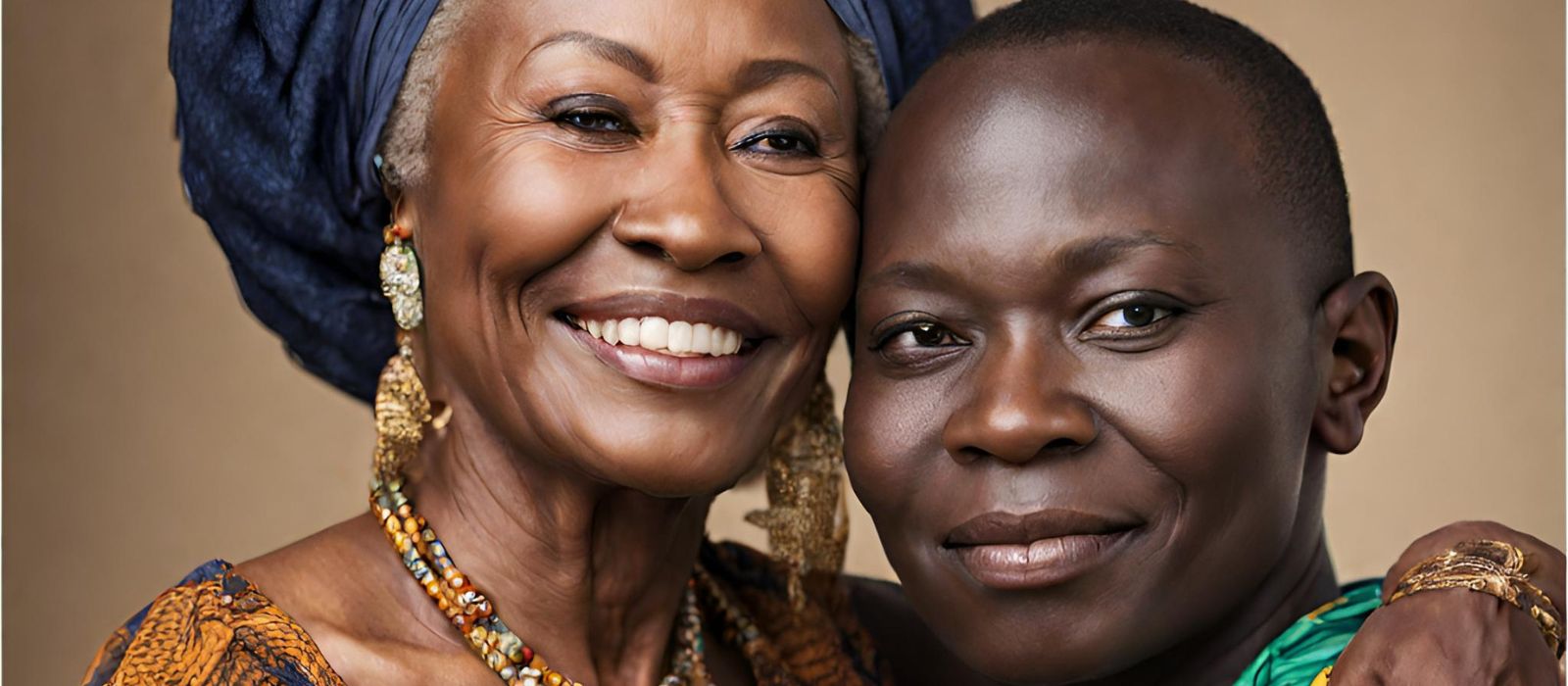
Thirty, forty, and fifty-year wedding anniversaries are celebrated by our relatives, with beautiful pictures posted on social platforms such as Instagram and Facebook. However, alongside these celebrations, comments often insinuate that women today are not as resilient as they were in the past, leading to short-lived marriages.
Some men often criticize and compare their spouses to their mothers.
But what truly sustains these long-lasting marriages? Is it genuine love, or are some of them built on toxic foundations? In many African societies, women who choose to leave failed relationships face shame and judgment from others. They may be viewed as failures, and their morals are called into question. Married friends may distance themselves, and even single friends may become wary.
No one enters marriage with the intention of divorcing, but what if domestic violence is the underlying issue? Seeking advice from older generations is common, but much of it can be toxic. Many elderly women believe that enduring abuse is a sign of love and honor. Some suggest strategies like getting pregnant to “tame” a cheating spouse. Others believe that all men cheat, and that path is inevitable; a cross that every woman in marriage must carry.
However, is age synonymous with wisdom? Enabling behavior from older generations perpetuates the cycle of abuse and infidelity. Some women are so fixated on preserving marriage that they advise their daughters and daughters-in-law to tolerate mistreatment. As we continue to celebrate Women’s Month, it’s crucial for our sisters and mothers to prioritize their well-being, seek professional help if needed, and leave situations that no longer serve them.


